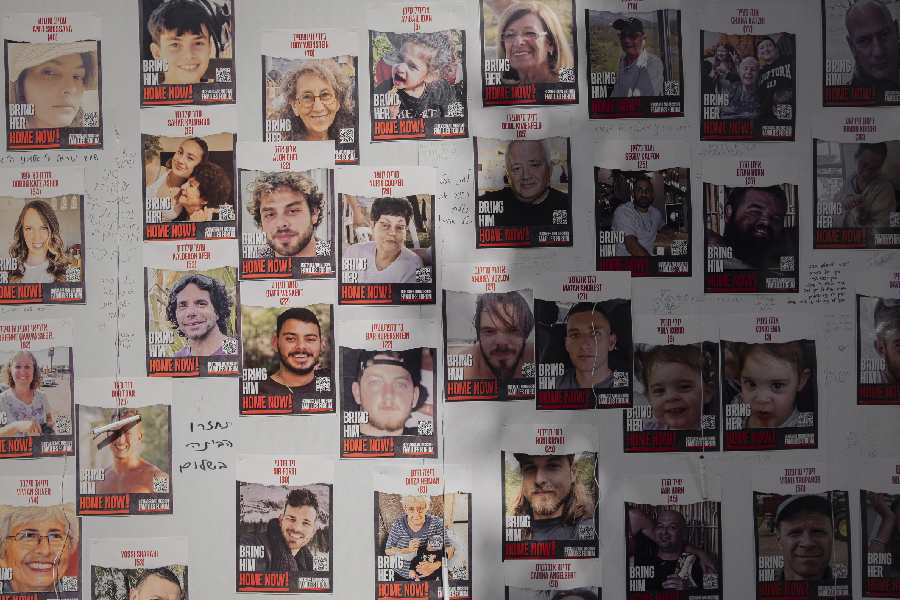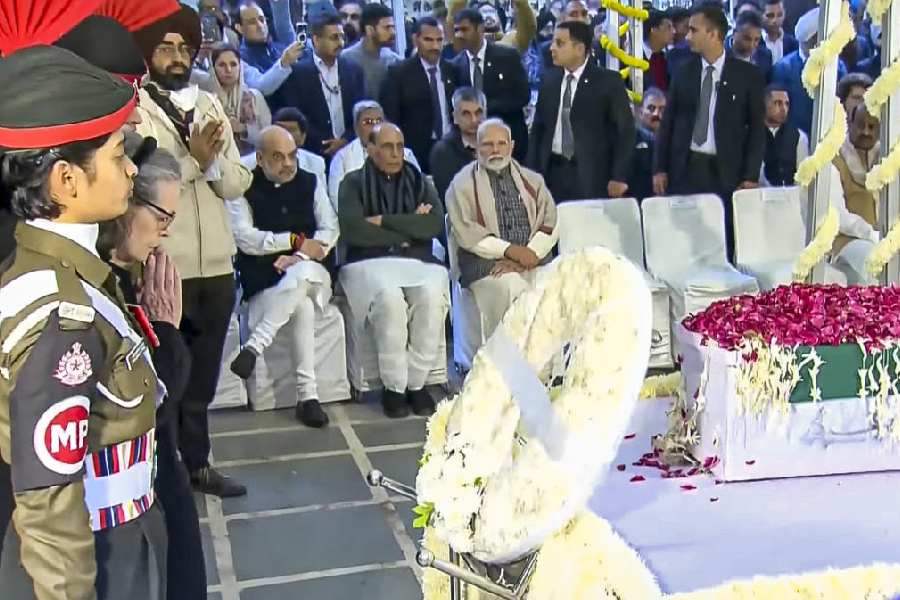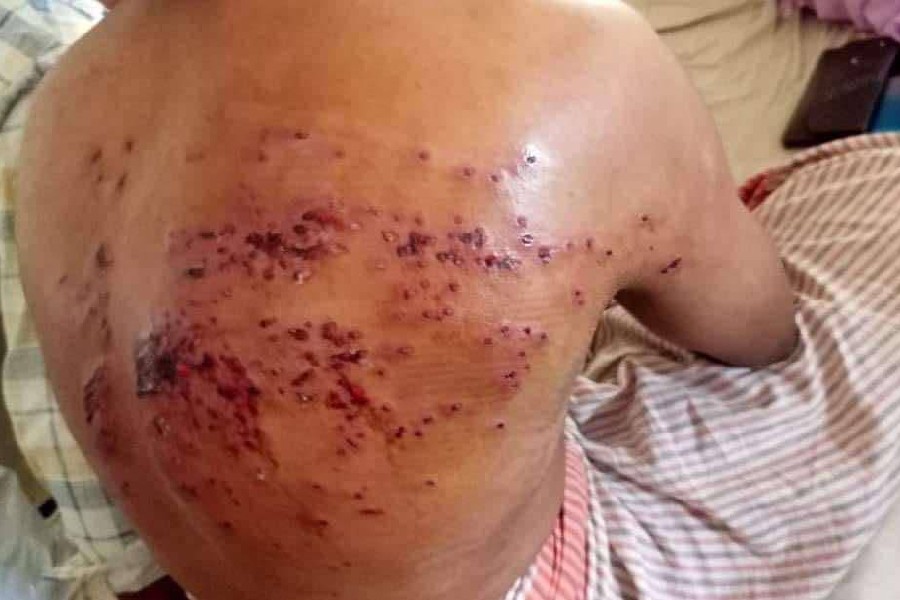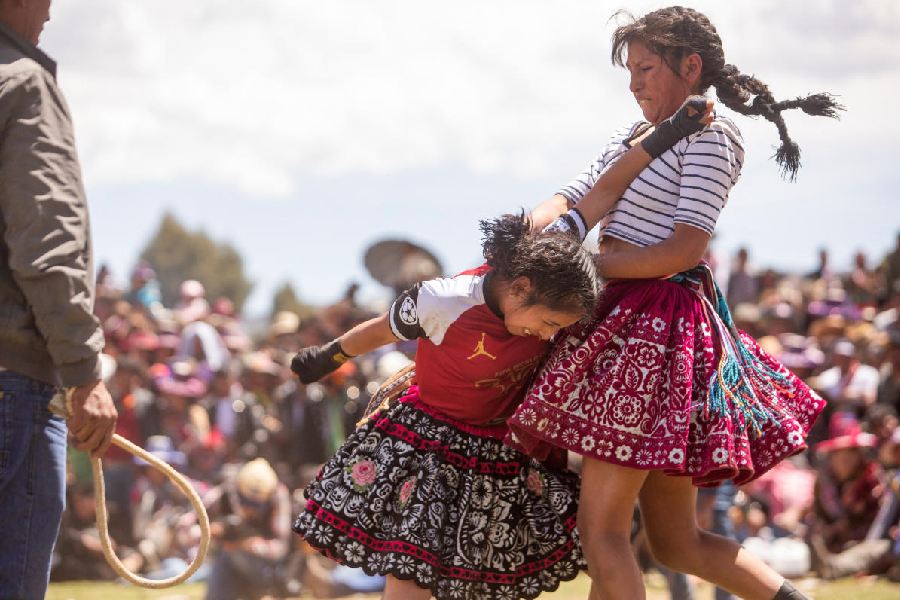Bloodied corpses lying in a bedroom, a bathroom, on the roads by their cars. An emergency medical worker pouring mineral water from a bottle to douse the smoldering remains of charred bodies. A dead baby whose body bore signs of violence.
Two soldiers without heads. Brutalized young women, one of them naked. Captives in the Gaza Strip surrounded by jeering assailants.
Those images were part of nearly 44 minutes of raw footage that the Israeli military said was culled from hundreds of hours of material Israel had collected about the Oct. 7 attacks by Hamas assailants from Hamas body cameras, dashcams, traffic cameras, closed-circuit TV and the mobile phones and social media accounts of victims, soldiers and emergency medical workers.
The military showed the compilation to foreign reporters on a day when Israel continued to bombard Gaza with heavy airstrikes overnight and as the death toll in Gaza surpassed 5,000 people, according to the Hamas-run health ministry, since Israel began retaliating for the attacks.
Reporters were told by the Israeli military not to record the footage. Certain sections, including video of a raid on a military base, have been previously verified by The New York Times. Some of the footage has been shared on social media.
“We want to understand ourselves why we are in a war and what we are fighting for,” Rear Adm. Daniel Hagari, the chief military spokesperson, said of the footage, which was shown in an auditorium at an army base north of Tel Aviv.
“What happened to Israel was not just a war crime,” he said, but “a crime against humanity.”
The footage opens with Hamas assailants shooting at civilian cars and at people running across open fields as they flee the site of an open-air music festival. They whoop in triumph over their victims.
Footage from closed-circuit cameras captured one man scooping up two young boys, both wearing only underpants, as early morning sirens wailed, warning of incoming rocket fire. They ran out to a nearby bomb shelter. Assailants, lying in ambush, threw a grenade into the shelter, killing the man. The boys ran back to their house, where, distraught, one of them said he could not see anything. As an attacker rummaged in the refrigerator, the other boy cried, “Why am I alive?”
In another village, an assailant is heard calling his parents in Gaza from the phone of an Israeli woman. “I killed 10 Jews with my bare hands!” he shouted, according to an audio recording, adding, “Mom, your son is a hero!”
In other clips, victims are seen gagged and with their hands bound behind their backs. Faces are frozen in shock and agony. Women’s bones are broken, their legs twisted in impossible angles.
Many traumatized Israelis are only beginning to internalize the enormity of the disaster of Oct. 7. There has been little time for national mourning even as the country fears for and dreads the fighting to come.
Hagari said it was necessary to begin gathering the evidence to create a collective memory for future generations of what happened that day, which was the deadliest day for the Jewish people since the Holocaust.
“We will not let the world forget,” he said. “It will define who we are.”
The New York Times News Service











